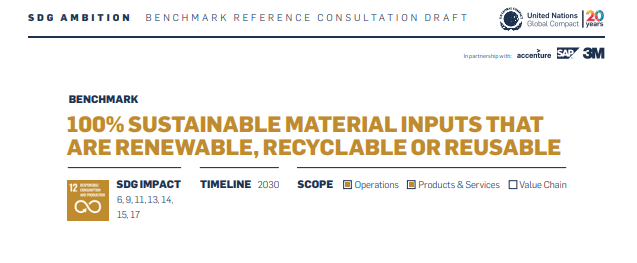Scaling Sustainable Impact in Hospitality: The GUAVA Model
Start Reading
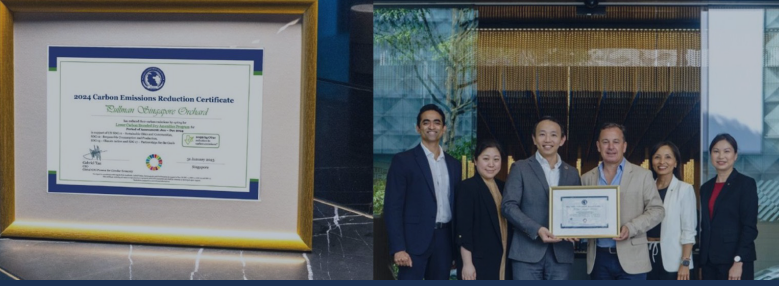
1. Company at a Glance
In this case study, we explore how GUAVA is transforming the hospitality industry by integrating climate-focused innovation into product design, creating inclusive social impact partnerships, and enabling measurable sustainability outcomes for clients to increase revenue, profitability and guest loyalty. Through a structured, scalable approach, the company demonstrates that sustainability can be both impactful and economically viable.
Hospitality
Industry
2004
Founded
Singapore
Headquarter
100
Number of Employees
Over 20 countries
Global Presence
2. The Challenge
GUAVA identified a critical issue in the industry: a 200-room hotel can generate approximately 300,000 pieces of single-use plastic per month, with one-fifth coming from amenities. With over 10 billion pieces of plastic discarded annually from amenities globally, the company recognized the urgent need for sustainable solutions. Additionally, market research revealed:
- Concerns from partners about suppliers lacking sustainable credentials
- Risk of losing government contracts due to insufficient sustainable practices
- Growing demand for sustainability innovation to remain competitive
With these internal and external factors in mind, GUAVA set ambitious 2030 goals: reducing carbon emissions by 50% at manufacturing sites, cutting plastics by 90% through design and material substitution and decreasing waste per serviced property by 50%.
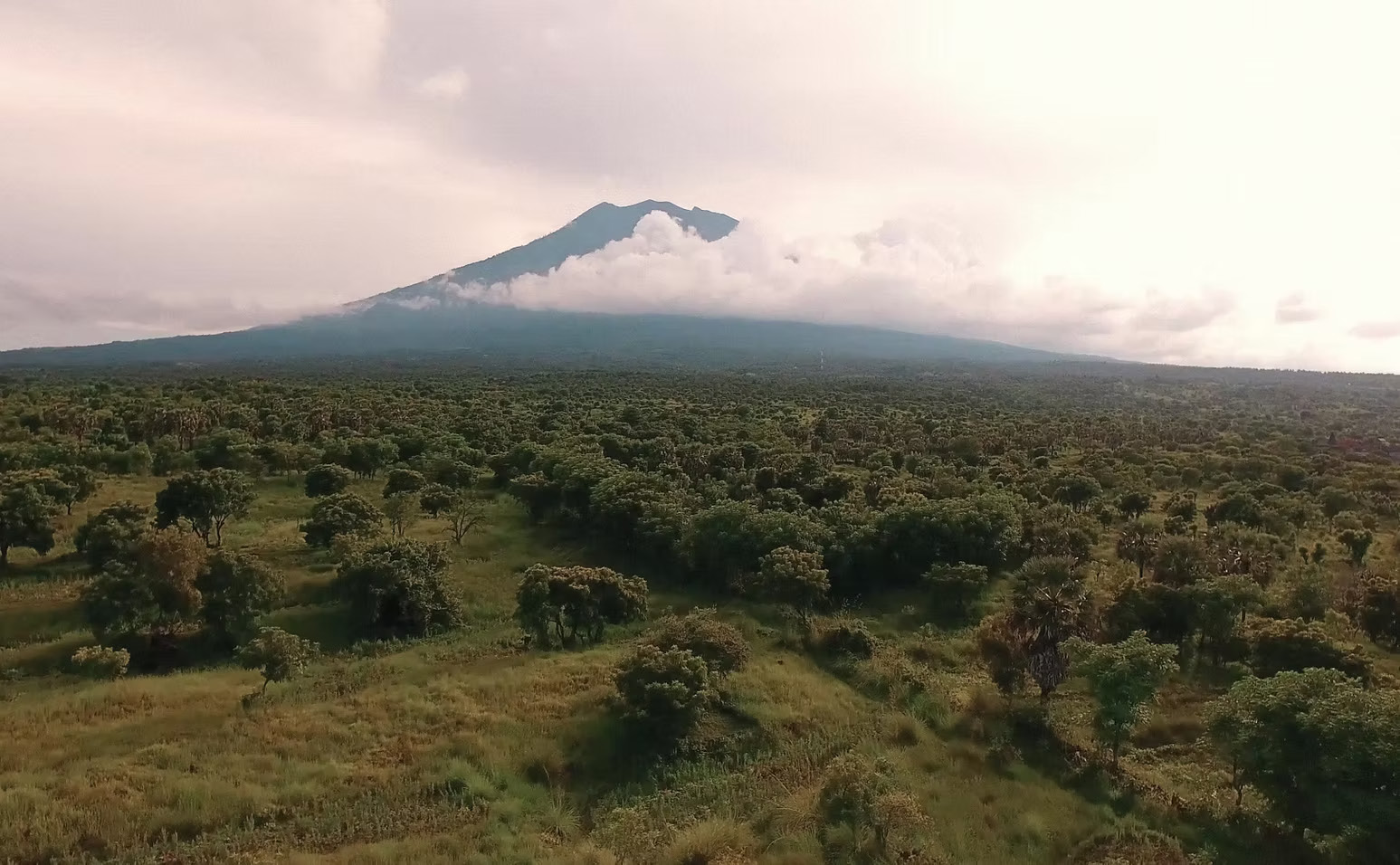
3. The Action
Implementing a sustainable and economically viable strategy
Problem and Opportunity Identification
GUAVA conducted market research and analyzed consumer and client feedback to understand the scale of plastic waste generated in hospitality—particularly single-use amenities. This research revealed that while many hotels aspired to become more sustainable, they lacked accessible, cost-effective, and operationally feasible solutions. GUAVA identified this as a gap in the market and an opportunity to provide a structured, scalable solution for sustainability implementation
Stakeholder Engagement to Shape Design
GUAVA brought together key actors—including multilateral organizations, government bodies, clients, academic experts, and nonprofit partners—to discuss successful past sustainability efforts. These sessions focused on what works, what doesn't, and why. One clear insight was that recognition and third-party certification were essential to motivate clients and sustain long-term adoption.
Program Design: The Global Sustainable Experience Initiative
As part of its commitment to environmental sustainability, GUAVA redesigned its amenity products to significantly reduce their climate impact. The focus was on eliminating or minimizing single-use plastics, incorporating alternatives to plastics, and introducing refill packaging solutions to extend product life and reduce waste. Packaging formats were optimized not only for lower material use but also for reduced transportation and disposal emissions.
GUAVA was the first hospitality solution provider to report its environmental impact on the Carbon Disclosure Project (CDP)and the first to have its targets validated by the Science Based Targets Initiative (SBTi).
Engaging and Supporting Supply Chains
To ensure feasibility, GUAVA tested the model with leading hospitality groups around the world. These pilot programs validated product performance, logistics, and guest response. The company used results from these early adopters to develop case studies and refine the model. Once validated, GUAVA scaled the initiative in stages, reducing operational risk for both the company and its clients.
Social Impact and Modular Partnerships
Since 2017, GUAVA has integrated social impact into its model through two key approaches:
- First, a portion of its sustainable products are designed and developed by individuals from vulnerable groups, including people with disabilities and individuals from disadvantaged backgrounds. This inclusive production model generates meaningful employment and supports social reintegration through dignified work.
- Second, GUAVA facilitates partnerships between its hospitality clients and cultural institutions or biodiversity conservation centers. These collaborations allow for the co-creation or adaptation of amenity products and experiences that enable clients to share stories about their partnership with partner organizations. The resulting items—such as themed packaging or custom-designed products—become part of the client's amenity offerings, enhancing both the guest experience and the visibility of social or environmental causes.
Carbon Emissions Reduction Analysis
A key innovation of the initiative is the Carbon Emissions Reduction Certificate, awarded to clients who switch to GUAVA’s sustainable amenities over a 12-month period. To support this, GUAVA partnered with KPMG to analyze and compare the carbon footprint of traditional amenities versus GUAVA’s lower-carbon and biodegradable alternatives. This assessment allows GUAVA to quantify the emissions reduction per unit, enabling client companies to report verified Scope 3 emissions reductions when adopting the new products.
Client Support and Internal Communication Loop
GUAVA designated internal team members to act as client liaisons, supporting implementation at each stage. These staff monitored performance, resolved issues, and captured client feedback. That feedback was quickly integrated into decision-making, allowing the program to evolve continuously based on real-world needs.
Public Advocacy and Thought Leadership
GUAVA showcased the initiative at major platforms such as COP28, United Nations climate events and hospitality industry panels. These appearances elevated the company’s profile, attracted new clients, and demonstrated its leadership in circular economy solutions.
4. Impacts & Results
Growth in Engagement
From 2023, over 50% increase in collaborations for sustainable initiatives with hospitality groups, airlines, and cruise lines, reflecting heightened interest in purpose-driven solutions.
Waste Reduction
Clients have reduced single-use plastic waste in hospitality by up to 90% and operational costs by over 20% with GUAVA’s model.
External Recognition
Gabriel Tan, founder and CEO, was named a 2022 SDG Pioneer in Circular Economy by the UN Global Compact.
Steward Leadership
GUAVA has been affirmed by TEMASEK’s Stewardship Asia Centre at the inaugural Steward Leadership 25 as the top companies in Asia-Pacific that make a positive impact on society and the environment, beyond profitability.
Enhanced Brand Visibility and Recognition
GUAVA’s active participation in high-profile sustainability platforms—including UN events and industry forums—boosted its public visibility and credibility. Moreover, the company was the only guest amenities company to be invited to attend and exhibit at COP28 in Dubai.
5. Key Lessons Learned

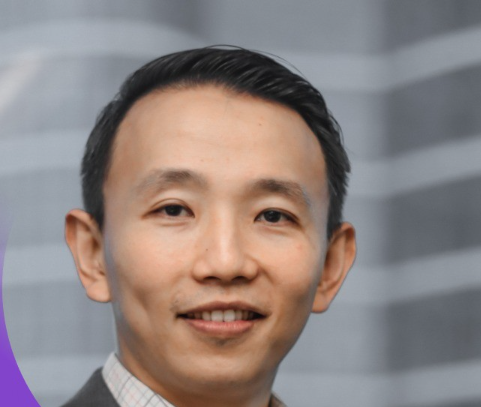
"There is a common misconception that sustainability is expensive, and thus many are reluctant to embrace sustainability. Having identified this challenge early, I decided to focus on developing solutions that are not just sustainable, but also scalable and affordable at the same time.”
Gabriel Tan, Founder and CEO of GUAVA
6. Company Commitment
GUAVA is a Forward Faster signatory in Gender and Water Resilience Targets.
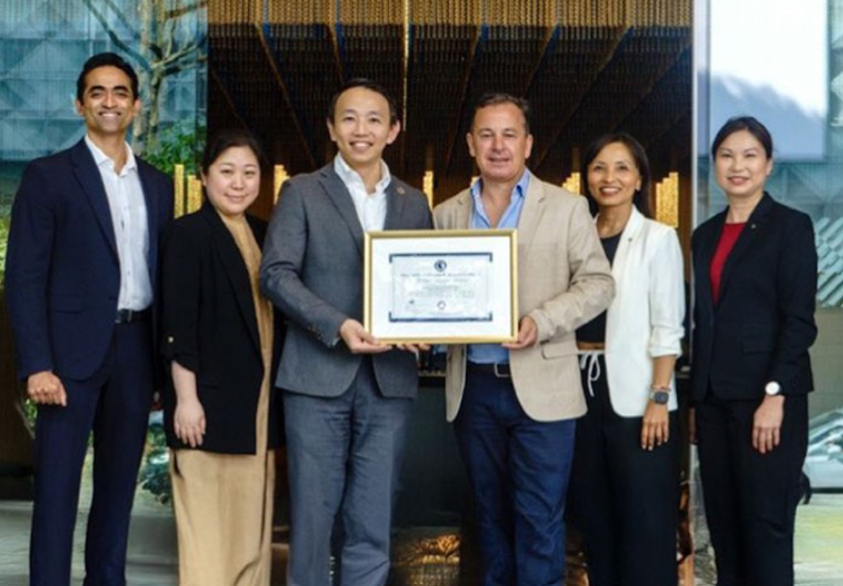
7. Recommended Resources
Recommended UN Global Compact resources available to support your journey:
Download Case Study
Disclaimer: This case example is intended strictly for learning purposes and does not constitute an endorsement of the individual companies by the UN Global Compact.


